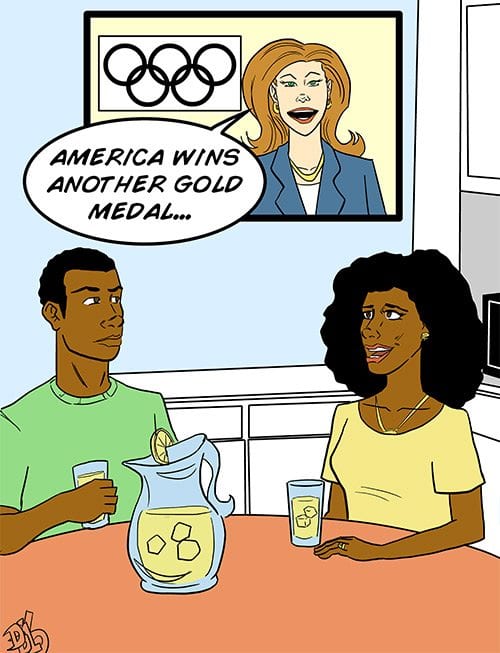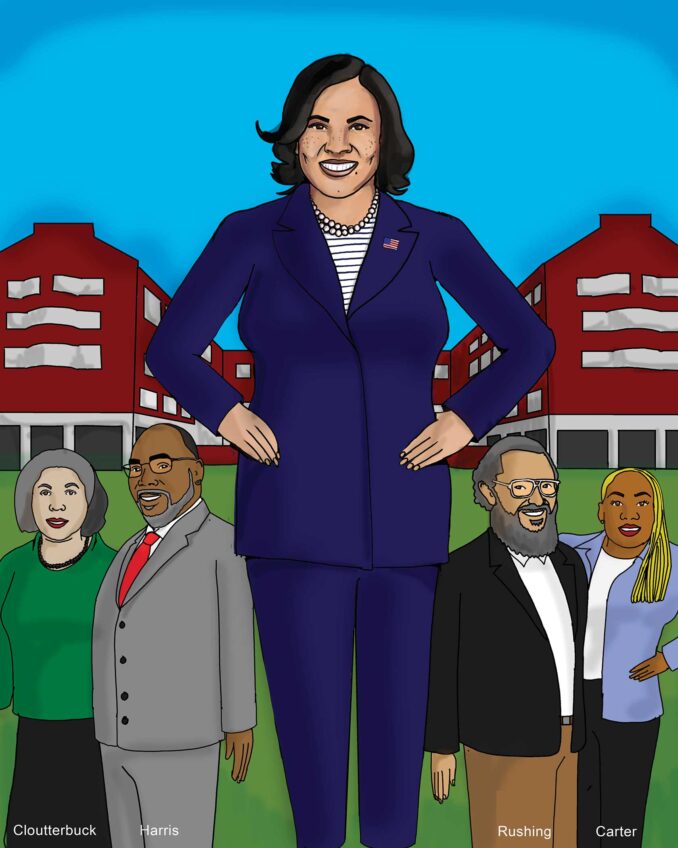
During World War II, American citizens established a very high standard of patriotism. To many of those imbued with those values, the remarks of Donald Trump border on treason. He publicly denounced America’s allies, openly courted Russia, a potentially hostile nation, and mocked Gold Star parents. Earlier he had insulted Sen. John McCain, who heroically chose to endure extended imprisonment with his men rather than be released by the enemy from captivity because of the military reputation of his family. That Trump’s campaign is still viable after this indicates some Americans no longer really value patriotism.
The home front was an important military resource during World War II. Citizens saved tin cans and newspaper, and they accepted with enthusiasm the rationing of food, clothing, gasoline and tires. Many products were not even available as the national industrial effort was restructured to provide military material. Some truckers even resorted to horse and wagons because of the scarcity of gasoline. In the cities as well as the countryside people planted “victory gardens” to grow their own food. It is estimated that millions of victory gardens provided 40 percent of the country’s vegetables.
Despite the hardships, Americans were aware that they were better off than their allies in Europe. Britain suffered an incessant blitzkrieg bombardment, and citizens in France and Italy formed groups of partisans to impede the Nazi military progress by sabotaging supply and communications systems. In Boston and along the East Coast, residents merely had to have blackout curtains to prevent visibility in a possible night time air raid.
During the 1940s there was no television, no computers and no internet. Communication was by radio, newspapers and magazines or news films. During trips to the movies, short films on the war effort would provide visual awareness of what was happening, even if the information was a bit late. There was a national effort to maintain a high level of patriotism in order to support the morale of the armed forces on the front.
Fortunately, President Franklin D. Roosevelt was aware of the economic difficulties of going to war. One problem was to prevent businesses from becoming unreasonably enriched from the profits of manufacturing armaments. He constrained that possibility with excess income and profit taxes. But just as important was the possibility of inflation during wartimes.
When a country’s manufacturing capacity is organized for war, then fewer consumer goods are made. Nonetheless, workers have substantial income from making guns and bombs, so they will tend to bid up the prices of the limited supply of consumer goods. To prevent this from happening, Roosevelt launched a “war bond” drive. His campaign induced citizens to save, thus removing millions of dollars from commerce that would otherwise inflate prices.
Patriotism is based upon the principles of democracy and freedom that philosophically undergird the government. African Americans were among the most patriotic citizens in World War II, even though they were at that time the victims of severe racial discrimination. Blacks were nonetheless motivated by the promise of the American Dream. They served with distinction in World War II, most prominently as members of the Tuskegee Airmen.
Patriotism involves more than rooting for the national team competing in the Olympics. Without the inspiration of a caring leader, the people will become self-centered and aggressively competitive. Which candidate for U.S. president is more likely to foster a caring, cooperative society with a strong spirit of patriotism? It is time for citizens to consider the consequences of a wrong decision.






